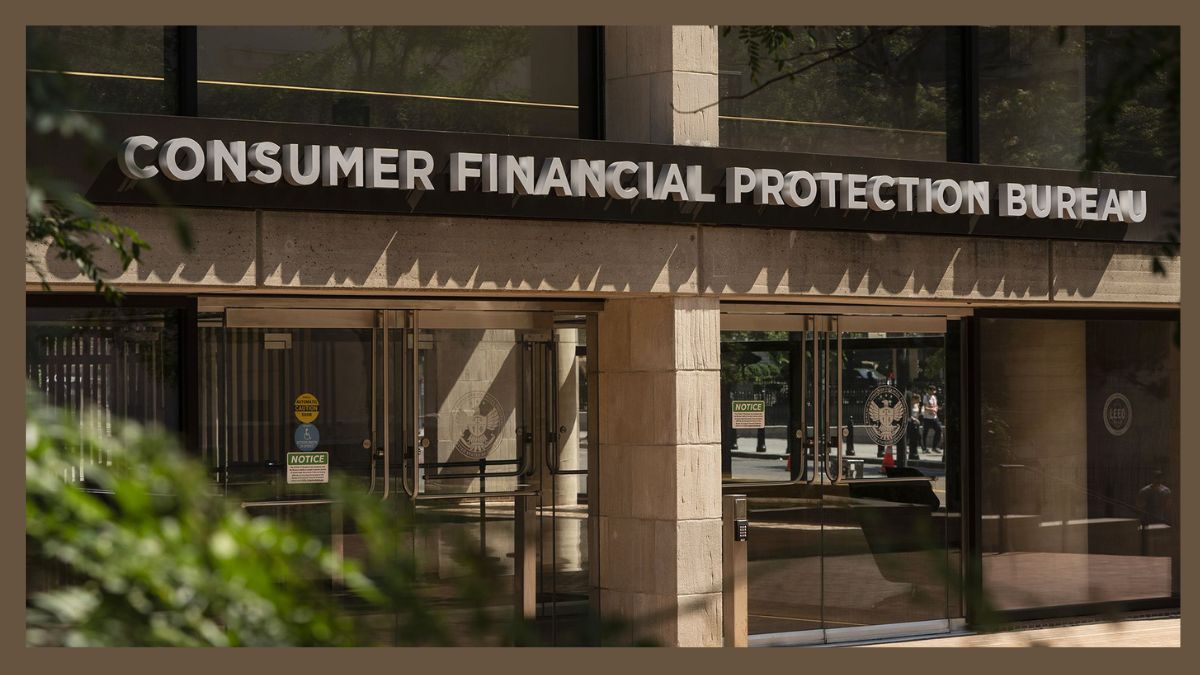The Consumer Financial Protection Bureau (CFPB) is a ray of light in a world where navigating the complicated financial industry may feel like an arduous journey. Since its inception in the aftermath of the 2008 financial crisis, this organization has made it its mission to safeguard the financial interests of ordinary Americans. The Consumer Financial Protection Bureau (CFPB) acts as a watchdog over the financial services industry, protecting customers against fraud and other abuses.
Inception and Purpose
After one of the worst financial crises in modern history, the Consumer Financial Protection Bureau was established. Millions of Americans were hit hard by the fallout of predatory lending, shady mortgage practices, and an overwhelming selection of complicated financial products during the worldwide financial crash of 2008. The Consumer Financial Protection Bureau was established in 2010 as a direct result of this crisis thanks to the passage of the Dodd-Frank Wall Street Reform and Consumer Protection Act. The basic objective of the CFPB was clear: to create a financial watchdog, an entity entrusted with ensuring that consumers would never again find themselves in the crosshairs of unscrupulous financial firms.
The Role of the CFPB
The Consumer Financial Protection Bureau (CFPB) is a watchdog for fairness in the financial sector. The four most important things it does are:
Regulation and Supervision
Banks, credit unions, and other financial institutions are subject to the Consumer Financial Protection Bureau’s (CFPB) oversight. This involves establishing norms and guidelines to guarantee honesty, equity, and the absence of predatory business activities in the financial sector.
Enforcement
The CFPB can take legal action against businesses that break consumer protection rules because of the authority it has been granted. The agency has powerful tools at its disposal, such as the ability to levy penalties and demand compensation for wronged customers.
Consumer Education
The Consumer Financial Protection Bureau maintains that educated individuals have more agency. To this purpose, it gives access to a variety of financial literacy information and instruments. The Consumer Financial Protection Bureau educates people on everything from how credit scores work to how to handle mortgages.
Complaint Handling
One of the unique aspects of the CFPB’s work is its Consumer Complaint Database. It allows consumers to submit complaints about their experiences with financial institutions, which the CFPB then investigates. This transparency not only holds institutions accountable but also helps consumers make more informed choices.
Impact and Controversies
The Consumer Financial Protection Bureau (CFPB) has had a major effect in the banking sector ever since it was established. It has resulted in billions of dollars in fines for misbehavior by financial institutions and more transparency and customer-friendly practices across the industry as a result of increased regulatory monitoring. However, the agency has also been the subject of controversy, with some people claiming that it has too much authority and is not held accountable enough for its actions.
The Future of Consumer Protection
The Consumer Financial Protection Bureau (CFPB) will likely expand its responsibilities as the 21st century progresses to meet the changing landscape of the financial services industry. The agency’s role in protecting consumers’ interests in a shifting landscape is sure to be the topic of continual discussion and change in light of the proliferation of fintech and digital banking.
Conclusion
In essence, the CFPB is an essential part of the financial system and a mighty defender of consumers’ rights throughout their interactions with the financial system. Organizationally, it represents the values of equity, openness, and responsibility; its mission is to guarantee that those who work in the financial services sector act in their customers’ best interests. The Consumer Financial Protection Bureau (CFPB) is an integral pillar of the United States’ financial protection system, providing consumers with important information and keeping an eye on the dynamic financial sector.











